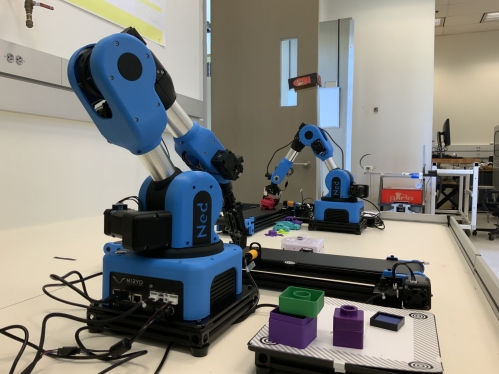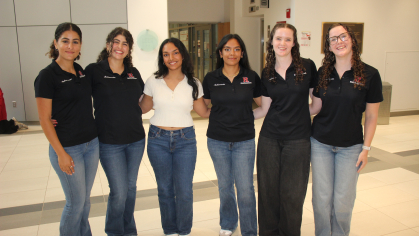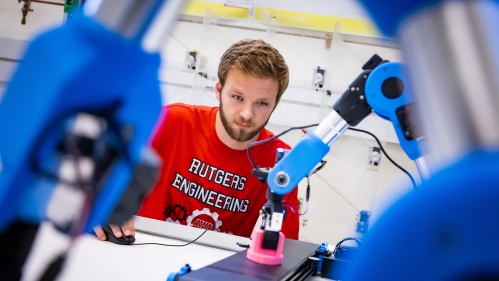
Undergraduate Admissions
What is Industrial and Systems Engineering
Industrial and systems engineers apply engineering and data sciences, business principles and economics to integrate technology, information and people. Students learn how to design, monitor, control, and improve large complex integrated systems, such as supply chains, health care delivery systems, transportation, energy, manufacturing and finance.
Program Overview
The Industrial and Systems Engineering (ISE) program at Rutgers is a rich educational experience that provides students with a broad engineering education along with specialization in a wide range of industrial engineering and manufacturing, operation research and data science fields. Students have the opportunity for hands-on research in areas that include healthcare, energy, manufacturing, finance, transportation, and more.
The undergraduate program focuses on classroom instruction fostered by learning in multi-disciplinary project-teams. State-of-the-art laboratory facilities emphasize robotics and automation, manufacturing, quality and reliability engineering, human-machine systems and digital twins and energy lab.
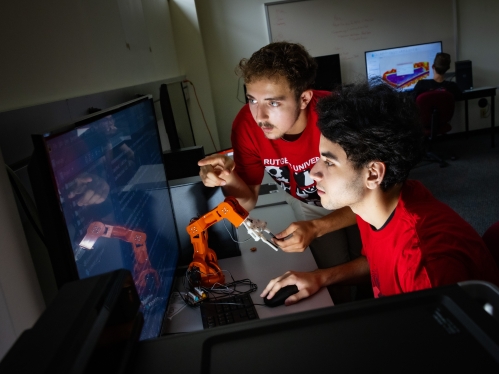
Coursework
All engineering students follow a common core curriculum before advancing to major specific courses.
ISE students can concentrate on the core IE courses or may choose from track options (extra courses required) focused on financial engineering, quality and reliability engineering, or manufacturing engineering. The curriculum teaches students to apply engineering, data science and optimization tools and methods to engineering and business problems. Courses in programming, manufacturing, automation, simulation and the sequence of Design I and II provide the technology know-how and the hands-on experience to design and control large complex systems in many application areas.
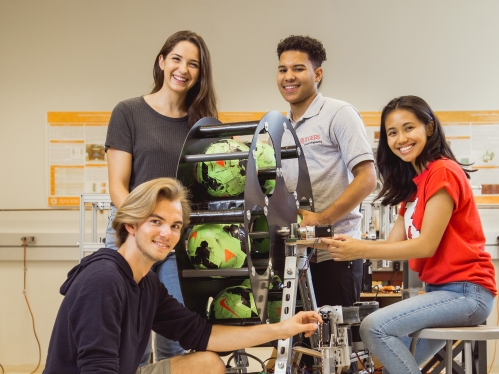
Putting Your Degree to Work
ISE is a high-paying field that continues to grow in a wide range of industries from aerospace, banking, and construction to energy, medical services, and consumer products. Rutgers ISE alumni are working as quality engineers, project managers, financial systems analysts, supply chain analysts, operations managers, data scientists, among other careers.
